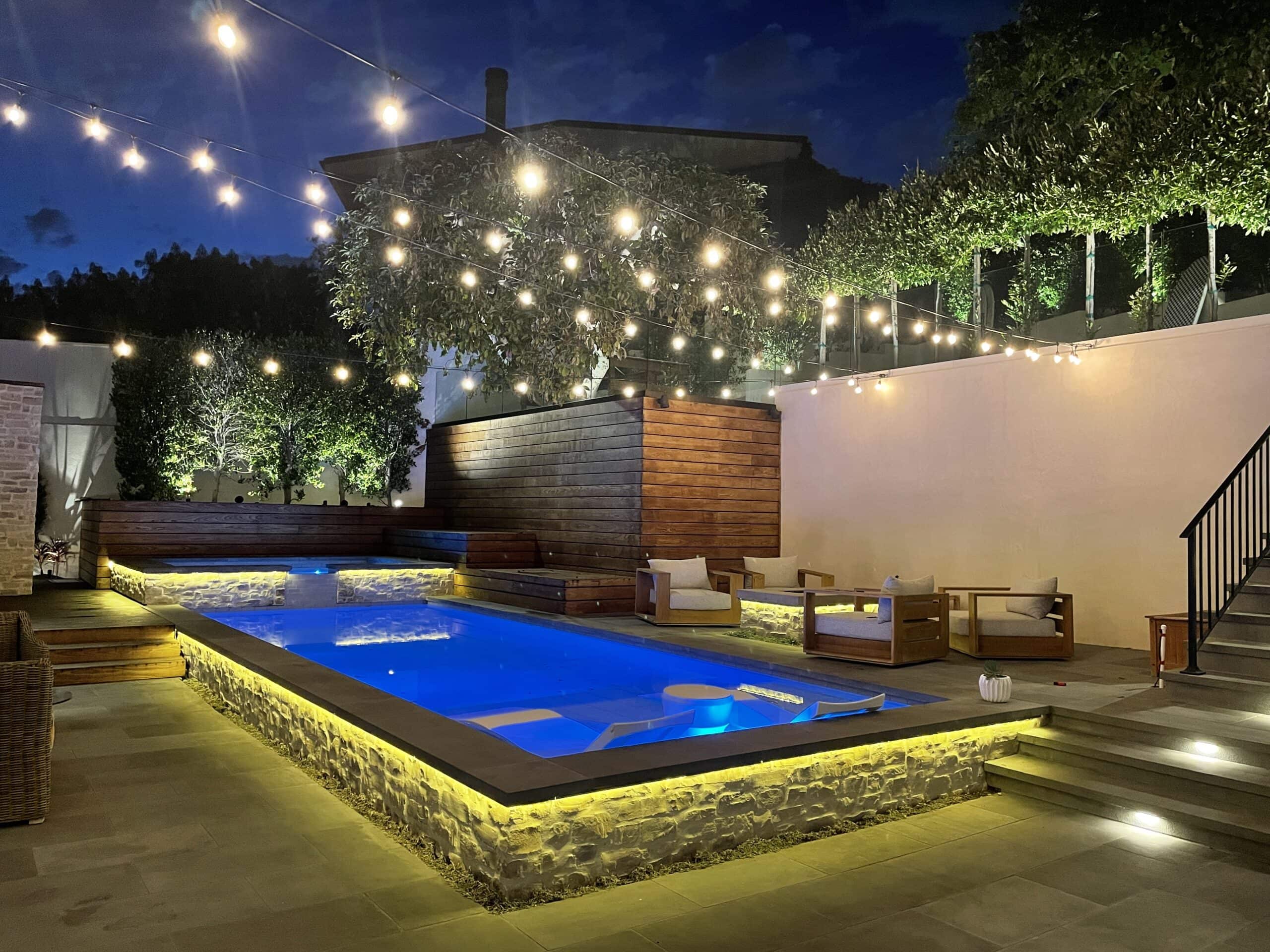12v Ac or Dc Landscape Lighting: Which Is Right for You?
There are many factors to consider when choosing the right type of 12v AC or DC landscape lighting for your home or business. In this article, we’ll explore the difference between AC and DC lighting, and list some of the pros and cons of each type. We’ll also provide tips on how to select the right voltage for your needs. So whether you’re looking to illuminate a new garden bed or want to add some security lighting to your property, read on for helpful advice!

12v Ac or Dc Landscape Lighting: Which Is Right for You?
AC (alternating current) and DC (direct current) are the two main types of 12v landscape lighting. AC is the more common type and is typically used for general-purpose lighting. DC is often used for special effects or accent lighting. Both options have their benefits, so it’s important to choose the right type of lighting for your needs.
AC (alternating current)
AC (alternating current) is the more common type of 12v landscape lighting. AC is a type of electrical current that alternates regularly between positive and negative voltages. This means that it can be used to power a wide range of appliances, including lights and appliances.
DC (direct current)
DC (direct current) is a type of electrical current that flows in a single direction. It’s often used for special effects or accent lighting, as it can create brighter, more focused light beams. DC is also used in batteries and solar panels, as it can store more energy than AC.
Here are some things to consider when choosing 12v AC or DC landscape lighting:
- AC is more common and typically less expensive than DC.
- AC is better suited for general-purpose lighting, while DC is better for accent or security lighting.
- DC can be more energy efficient than AC, but only if you use LED bulbs.AC is easier to install than DC.
So, which type of landscape lighting is right for you?
If you’re looking for general-purpose lighting, AC is a good option. If you want something more specialized, like an accent or security lighting, then DC might be a better choice. Ultimately, it’s up to you to decide what type of lighting will best suit your needs.
